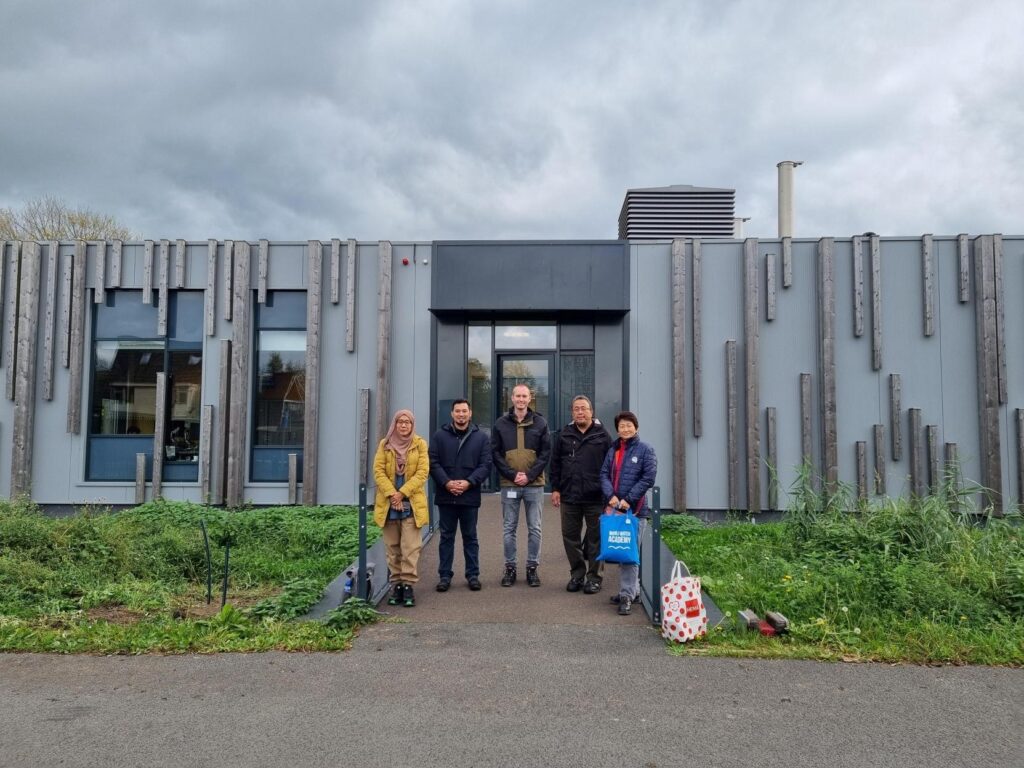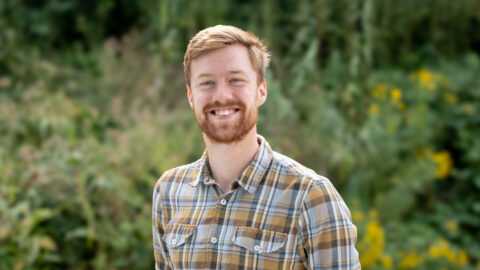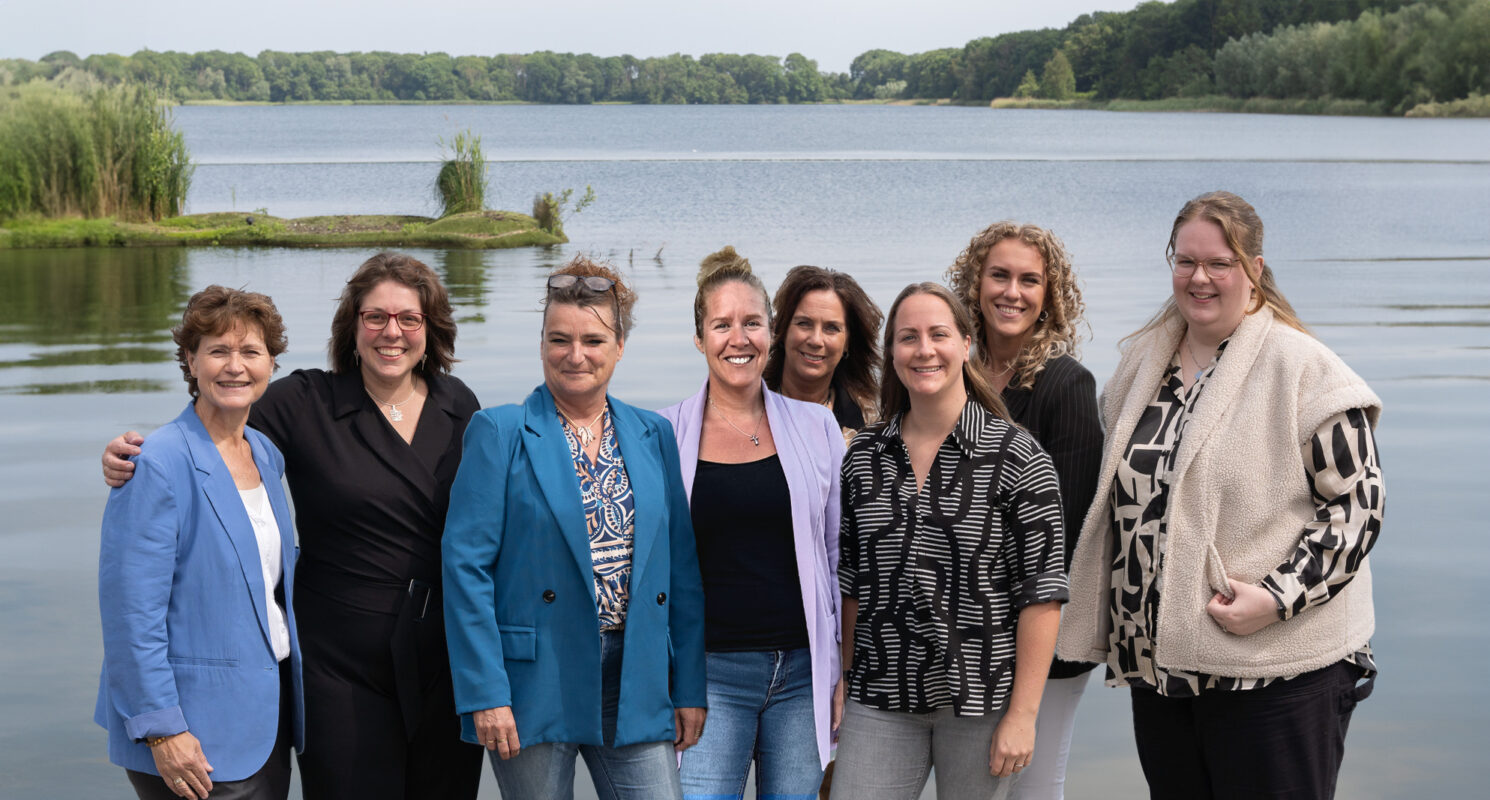You can reach World Water Academy by telephone: +31 030 606 94 00 or e-mail: info@worldwateracademy.nl.
Strengthening Drinking Water Quality in Malaysia
How can strict drinking water regulations be effectively translated into daily practice? That question was central during the international training Professional Development on Surveillance and Enforcement in Drinking Water Quality Regulation Framework – Malaysia, organized by Wateropleidingen in cooperation with Malaysian partners and experts from the Dutch drinking water sector.

Bridging Regulation and Implementation
During an intensive week, participants explored how European and Dutch approaches to regulation, supervision, and enforcement can inspire the Malaysian context. The program combined interactive lectures, field visits, and reflection sessions. From the European Drinking Water Directive to risk-based supervision, participants examined how laws and regulations translate into operational control measures, monitoring, and quality assurance in practice.
“Regulation only works when it is truly embedded in daily operations,” one of the trainers emphasized. “It’s about connecting policy ambitions with the operators who ensure safe drinking water every single day.”
Learning by Doing
A key part of the week was hands-on learning. During a laboratory visit, participants gained insight into analytical methods, detection limits, and how monitoring data are used for risk assessment and compliance. Visits to treatment plants and regulatory agencies also made the link between policy and practice tangible.
One participant noted how integrated the Dutch approach is:
“Water quality monitoring here is seamless — from sampling to reporting. Everything is organized within one institution. In our own context, responsibilities are spread across several organizations, which sometimes makes coordination more complex.”
Another participant reflected on the preventive nature of the Dutch system:
“We learned a lot about source protection — preventing pollution before treatment. That’s something we aim to strengthen further.”
Presenting and Reflecting
On Thursday afternoon, participants presented their own case studies, showing how the week’s insights could be applied within their local drinking water systems. The presentations highlighted similarities between the Dutch and Malaysian approaches, as well as shared challenges — such as emerging contaminants, climate-driven water scarcity, and finding the right balance between regulation and flexibility.
One participant emphasized the geographical differences:
“In our region, we mainly rely on surface water, while in the Netherlands much of the supply comes from groundwater. The level of trust in tap water here is impressive — something we aspire to achieve.”
Another participant added:
“What stood out to me is the transparency and collaboration between all parties in the Netherlands. Everyone knows their role and works toward one shared goal: clean and safe drinking water.”
A third participant pointed to the need for modernization:
“We want to further develop and digitalize our treatment plants, for example with more real-time monitoring systems. That helps us respond faster to changes in water quality.”
From Observation to Action
During the reflection sessions, it became clear that supervision and cooperation in the Netherlands are embedded in a well-defined structure where both regulation and responsibility are shared. Participants recognized that in their own context, stronger alignment and data sharing between involved organizations could also lead to significant improvements.
They also saw opportunities to strengthen source protection.
“We are seeing growing attention for preventive measures in Malaysia as well,” one participant noted. “The insights from this week will help us take that development further.”
Knowledge Exchange and Inspiration
The training not only provided in-depth knowledge, but also built a valuable network of professionals dedicated to ensuring safe drinking water. Participants returned home with new insights into how supervision, data, and operational discipline together form the foundation for reliable drinking water — and with inspiration to apply these lessons in their own organizations.
“We are taking home not only new knowledge, but also a mindset of collaboration and continuous improvement.”
More information on this article?

Feel free to ask us about our products and courses
